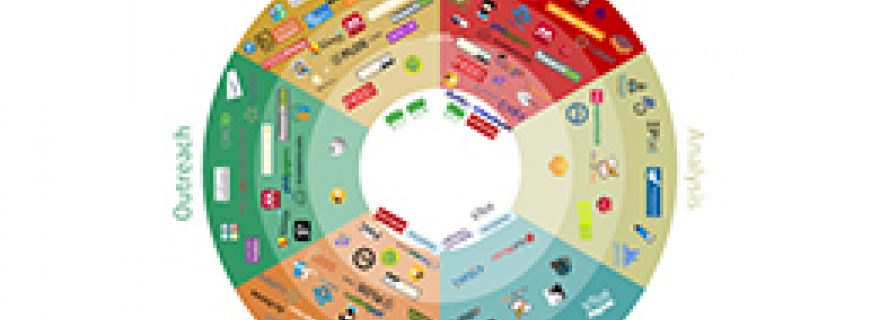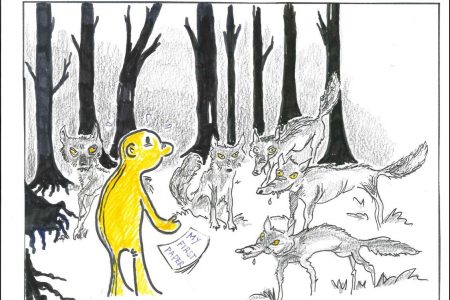Leiden Survey Link for 101 Innovations in Scholarly Communication
Earlier this month we featured the 101 Innovations in Scholarly Communication on The Connected Leiden Researcher. Now we are back with a special Leiden Survey Link.
This post is a repost of this one on the Leiden Open Access Blog.
Which tools are actually being used by researchers?
Recent years have seen an enormous increase in digital tools for scholarly communication: EndNote, Dropbox, Mendeley, Word, Google Scholar; you may well have heard of them, and it is quite likely that you use one or more of these services or products. However, the tools mentioned above are just a handful from a tremendous supply, as is shown by the 400+ Tools and innovations in scholarly communication list.
Our Utrecht University Library colleagues Bianca Kramer en Jeroen Bosman are just about to complete their research project 101 innovations in scholarly communication, which investigates recent changes in scholarly communication and research workflows. This should lead to a better understanding of which tools are used by researchers from different disciplines, positions, and countries for their scholarly work. They also aim to get a clear picture of the importance of Open Access and Open Science on daily work routines. A short list of questions is posed by means of an international survey.
Survey
You can contribute tot his research project by filling out an online survey , if you follow this link. By doing so, you do not only take part in the research project 101 innovations in scholarly communication, but you also provide a great opportunity for Leiden University Libraries to obtain information on the research tools that our own Leiden researchers use. After the closure of the survey, the Library will receive a report containing anonymised data on the Leiden input.
You may also benefit
Participation in the survey is not only useful to the project and the library, but you may also obtain some interesting information yourself. If you choose so, you may receive an email with a graphic display in which your workflow is compared to your peer group, which could give you some interesting new ideas for your own routine.
More information
For more information on the research project 101 Innovations in Scholarly Communication, you may contact Bianca Kramer (b.m.r.kramer@uu.nl) or Jeroen Bosman (j.bosman@uu.nl), Utrecht University Library.
For more information on the use of the anonymised data set by Leiden University Libraries, you may contact Michelle van den Berk, Subject Specialist Open Access and datamanagement (m.van.den.berk@library.leidenuniv.nl)





